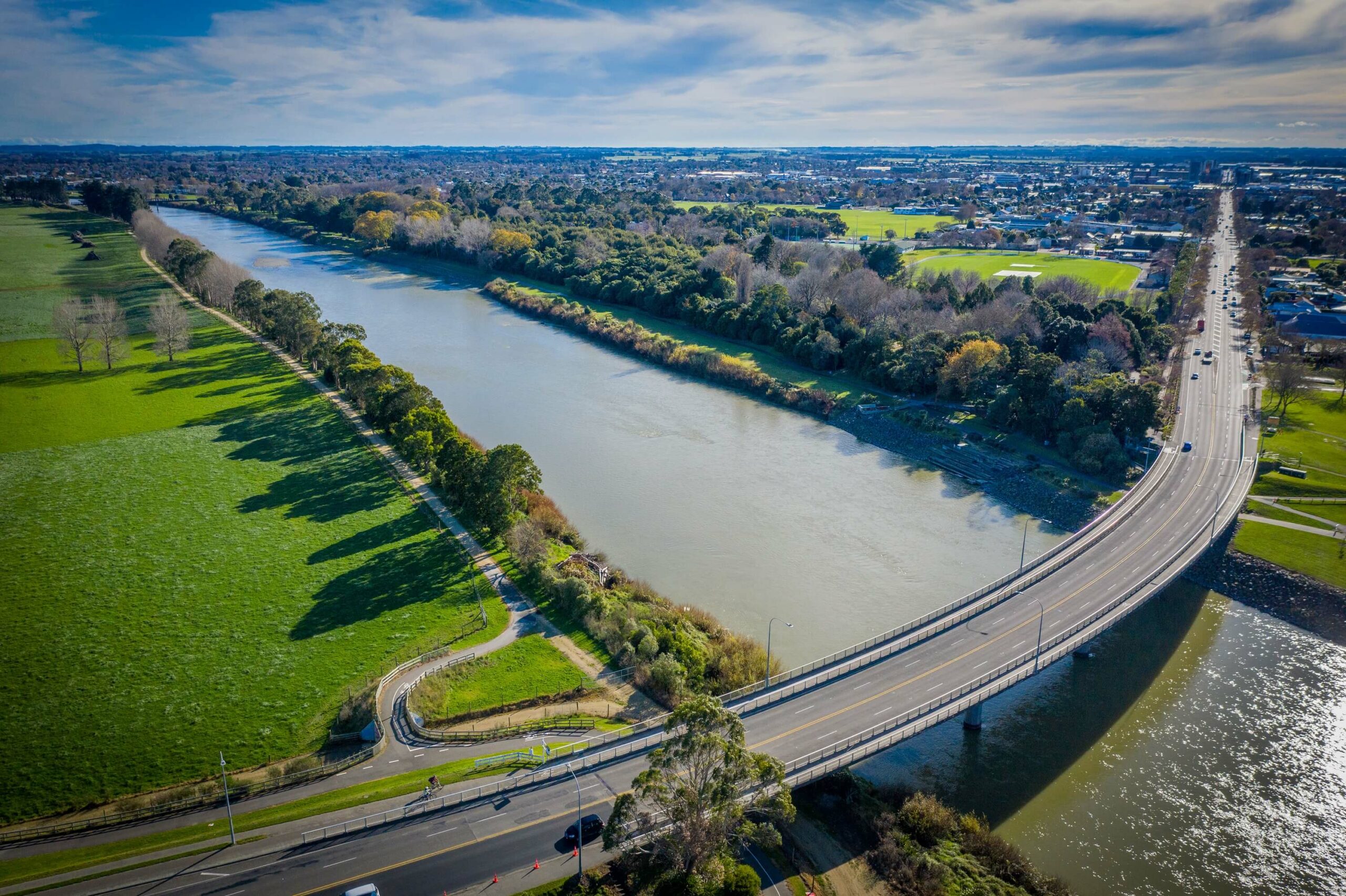

I was originally born in Wellington and spent most of my life in Waikato. After an extensive career at Wintec as a lecturer in hospitality, communications, and tourism and Management, I moved onto the University of Waikato, where I worked with employers and students to integrate study and work.
At Wintec I was the Centre Director overseeing the Service Industries and have also held a couple of acting positions of Regional Delivery Manager and Operations Manager, School of Trades. I was also part of the inaugural Product Management Team as one of the Product Managers, responsible for the areas of early childhood education, health and social practice, tourism and sport science and human performance. I also led several institute wide projects; Flexible Working Arrangements, and the Wintec Industry Sharing Experience programme, which enables staff and students to form valuable partnerships with employers through industry secondments and teaching partnerships.
Then this exciting opportunity arose with CEDA taking me back ‘home’ to the lower North Island, and it felt like the natural next step given my passion for, and experience in, the education sector.
As CEDA’s Talent and Skills Manager, I’m focused on building the depth and breadth of our talent pool in the region. We know through our research that the biggest barrier to business growth is access to the right talent and skills, and that has changed over the past three years, in fact, it has gotten harder. That may have shifted due to COVID-19, but we do know that the competition for talent is an international one, as well as across New Zealand, so we need to prepare our region for our current needs, as well as our future needs. My work will be done in partnership with the education sector, business community, and well as other agencies like MSD, Immigration New Zealand and Talent Central; we will develop initiatives to target the more immediate shortages, as well as taking a longer term view of the skills and qualifications needed by our region into the future.
We are currently developing a talent attraction and retention strategy that looks ahead to the human capital needed to support the economic growth and social outcomes of Palmerston North and Manawatū. We all know that the nature of jobs and skills is changing, and importantly, this includes the knowledge and experiences to do those jobs. I’m focused on building meaningful relationships with employers, industries, and sectors, to really flesh out what that future of work looks like. We are also looking at the regional talent pool, starting with the existing workforce to identify their training needs, as well as attracting new talent to the region. International Education is a key component of the region's talent pool, not only do international students provide economic benefit, they bring with them trade and business connections, and they add to the social fabric of the community and longer term form part of building the regions talent pipeline.
The development of the regions Talent and Skills Response and Recovery Plan is underway, which is focused on redeployment and retraining, alongside the retention and attraction of skills and capabilities we need. It also includes working with our education institutions to stabilise and then grow our international education sector. CEDA has excellent partnerships across Manawatū that will ensure swift implementation of our plan. Enabling people to return to meaningful employment starts by identifying where they have been displaced from, and the roles that they performed. We’re working with a range of partners and key stakeholders to facilitate and support the work that is already underway in this space. Despite the focus on job losses, there are industries and sectors in Manawatū still experiencing and predicting job growth, so we‘re seeing some real positives amidst it all.
Pre COVID-19 we were in fierce competition for talent and skills. The impact of the virus and lockdown has changed this somewhat, and it could play into our favour; it may mean that more people will be looking outside of the main centres to find job opportunities, a more balanced lifestyle, shorter commute times, and more quality time to spend with family and friends. So, it's more important than ever that we‘re really focused, as a region, on the overall management of our talent pipeline, from the attraction of the skills we need, and developing the people and skills we already have, through to how we welcome new arrivals to our region and strengthen our reputation as a great place to live and build and develop your career.
Right now, it’s about retaining the students we have and marketing our region to students who are already onshore. We need to proactively support schools and tertiary providers to begin a process of rebuilding international student numbers. Of course, this hinges on the border and quarantine requirements. As a region that values the cultural richness and diversity that international education brings, we need to be agile and nimble in how we attract students. We need to build on our reputation, the quality education offered here, and our unique way of making students feel socially connected, regardless of whether they are studying here or offshore.
I’ve just begun my Manawatū journey, and already I’m getting a real sense of the extensive networks and opportunities in the talent space and beyond. The regions strengths combined with the high level of collaboration and passion make for some exciting ingredients for our future. I’m looking forward to meeting more of our community over the coming weeks and months and enjoying more of the friendly Manawatū hospitality I’ve begun to experience.